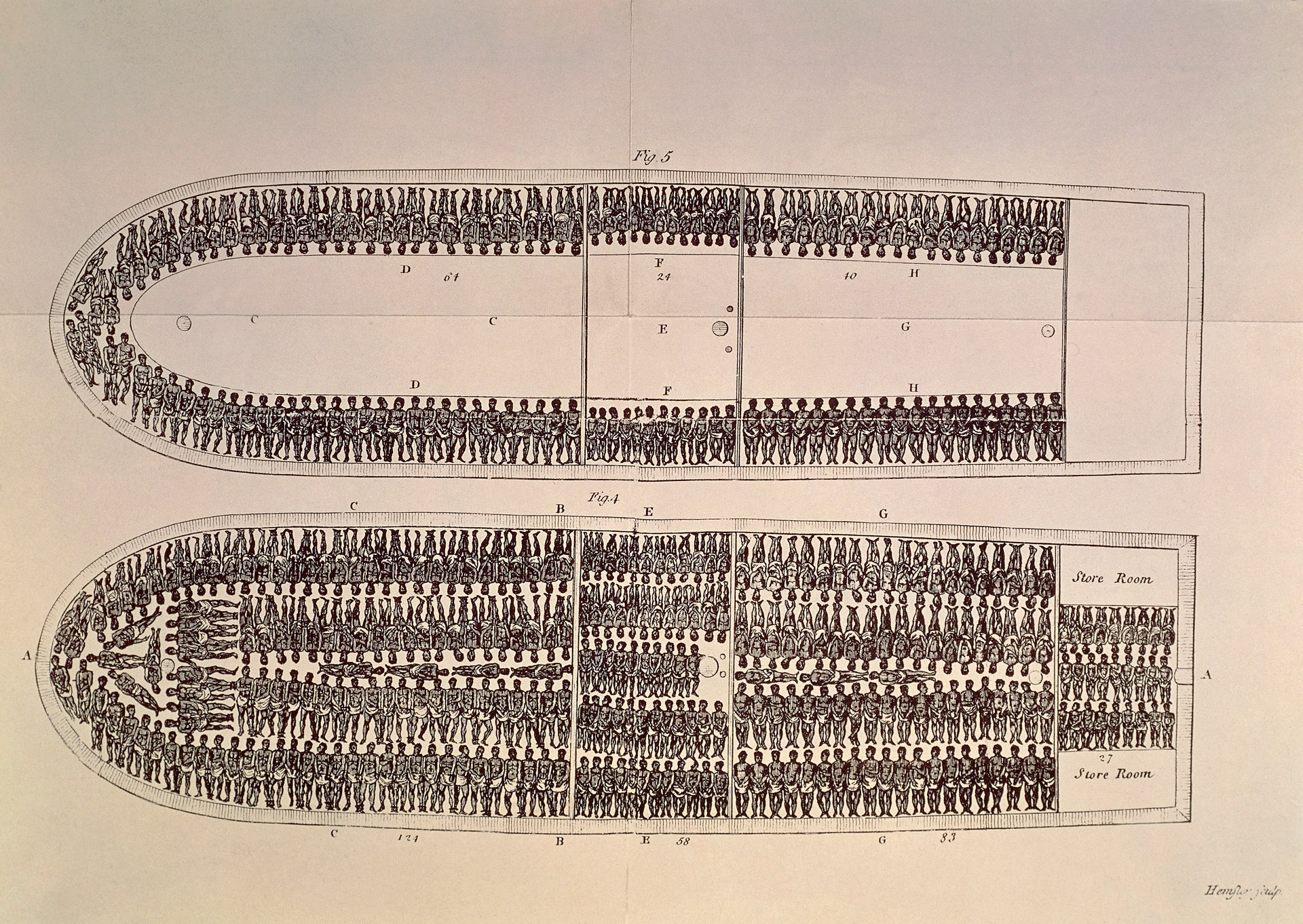
By then, the slave trade to the United States – which had been legally prohibited since 1 January 1808 – could only be conducted illicitly, with offenders risking the death penalty. It all began in 1859 in Mobile, Alabama, when planter and ship captain Timothy Meaher bet that he could bring in “a shipful of niggers” right under the noses of the authorities. But all the attention focused on the ship’s owner, its captain, and the ship itself, rather than on the victims of this appalling journey. In May 2019, the news that archaeologists had discovered the wreck of the Clotilda – the last recorded slave ship to arrive in the United States, fifty-two years after the international slave trade had been outlawed – made headlines around the world.

MGIEP - Mahatma Gandhi Institute of Education for Peace and Sustainable Development.

IESALC - International Institute for Higher Education in Latin America and the Caribbean.IITE - Institute for Information Technologies in Education.IICBA - International Institute for Capacity-Building in Africa.IBE - International Bureau of Education.ICTP - International Centre for Theoretical Physics.IIEP - International Institute for Educational Planning.UNEVOC - International Centre for Technical and Vocational Education and Training.Education for Sustainable Development Network.

International Coalition of Inclusive and Sustainable Cities – ICCAR.Intergovernmental Oceanographic Commission.Advancing the 2030 Sustainable Development Agenda.


 0 kommentar(er)
0 kommentar(er)
